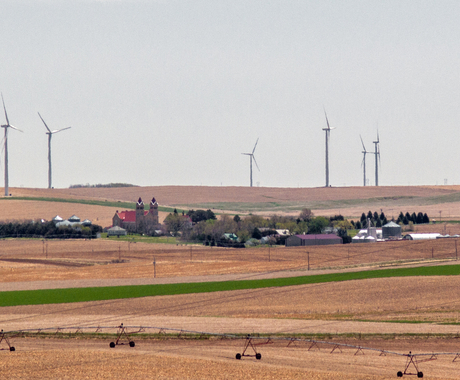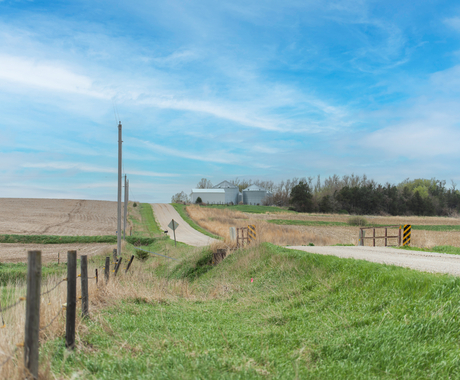Rhea Landholm, brand marketing and communications manager, [email protected] or 402.687.2100 ext. 1025
Lyons, Nebraska - As early as next Tuesday, the U.S. Senate will vote on S. 1140, which would halt the Obama Administration’s near-final rulemaking to clarify longstanding Clean Water Act protections for millions of wetlands and headwater streams that contribute to the drinking water of one in three Americans.
“We urge Senators to oppose both S. 1140 and the Resolution of Disapproval regarding the Clean Water Rule under the Congressional Review Act,” said John Crabtree of the Center for Rural Affairs. “Neither of these pieces of legislation constitutes a simple restart for the Clean Water Rule. S. 1140 would require the EPA and Army Corps of Engineers to write a new rule that rolls back historic protections for waterways. And if it reaches the Senate floor, the entire Clean Water Act could be open for amendment by those that would like to gut clean water protections even more.”
According to Crabtree, the Resolution of Disapproval would prohibit agencies from promulgating “a new rule that is substantially the same” as the Clean Water Rule, which could ultimately prohibit the EPA and the Army Corps from issuing any rule that establishes protections for the lakes, streams and wetlands that the Clean Water Rule was written to protect.
“Such legislative language could compromise the ability of the agencies to effectively enforce the Clean Water Act and make legal clarification of the scope of that law impossible,” added Crabtree. “This is clearly an effort to muddy the regulatory waters and make protecting clean water that much more difficult, and as such, we urge Senators to join us in standing up for the Clean Water Act and protecting water quality.”
“Family farmers, ranchers and the residents of small town America are the tip of the spear when it comes to clean water,” Crabtree continued. “Not just because the rain that flows across the surface of our nation most often falls in rural America first, but also because our crops, livestock, and our families depend upon quality drinking water.”
“Farmers, ranchers, hunters, anglers, and everyone in rural and small town America that recognizes that our lives and livelihoods are interconnected with water quality also recognizes that we have a responsibility to be stewards of the water that passes over our land,” Crabtree concluded. “Not just for ourselves, but for our neighbors downstream as well. The Senate should set these bills aside and let us work to conserve and protect rural America’s most precious natural resource… our drinking water.”




